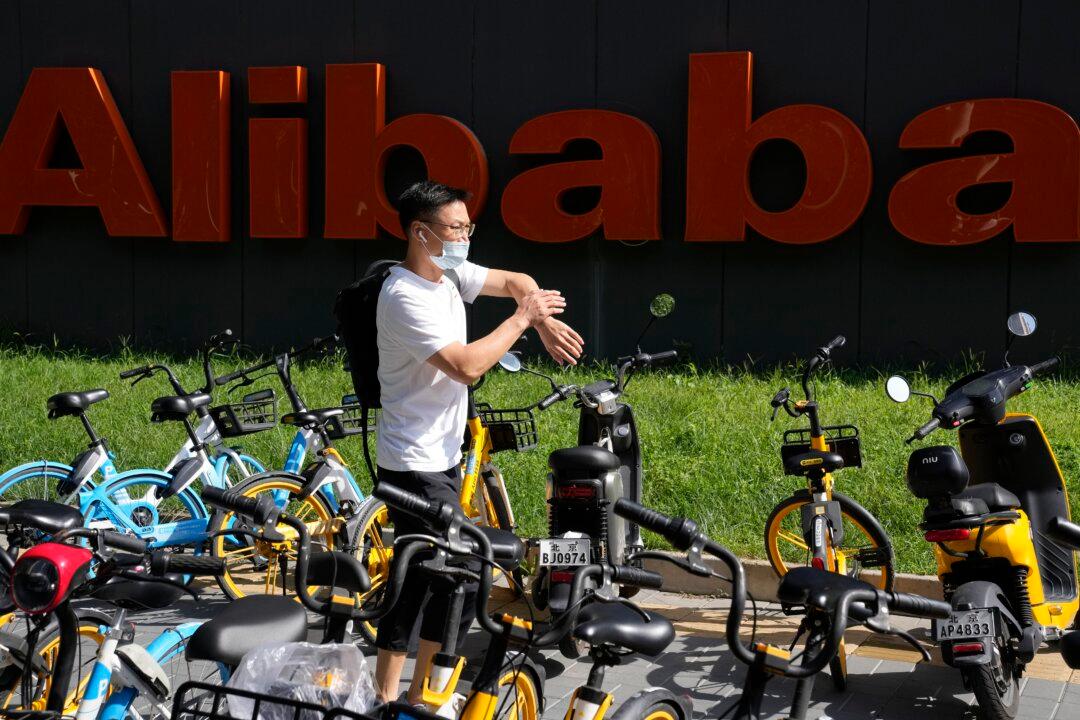BEIJING—The Chinese Communist Party (CCP) is tightening political control over China’s internet giants and tapping their wealth to pay for its ambitions to reduce reliance on U.S. and European technology.
Anti-monopoly and data security crackdowns starting in late 2020 have shaken the industry. Investor jitters have knocked more than $1.3 trillion off the total market value of e-commerce platform Alibaba, games and social media operator Tencent and other tech giants.





